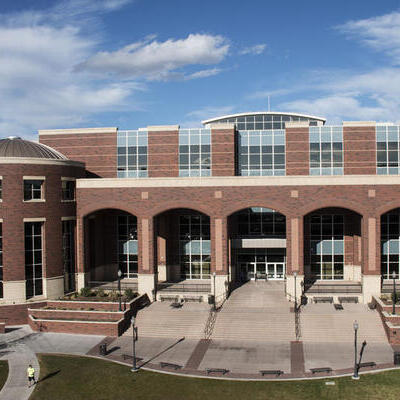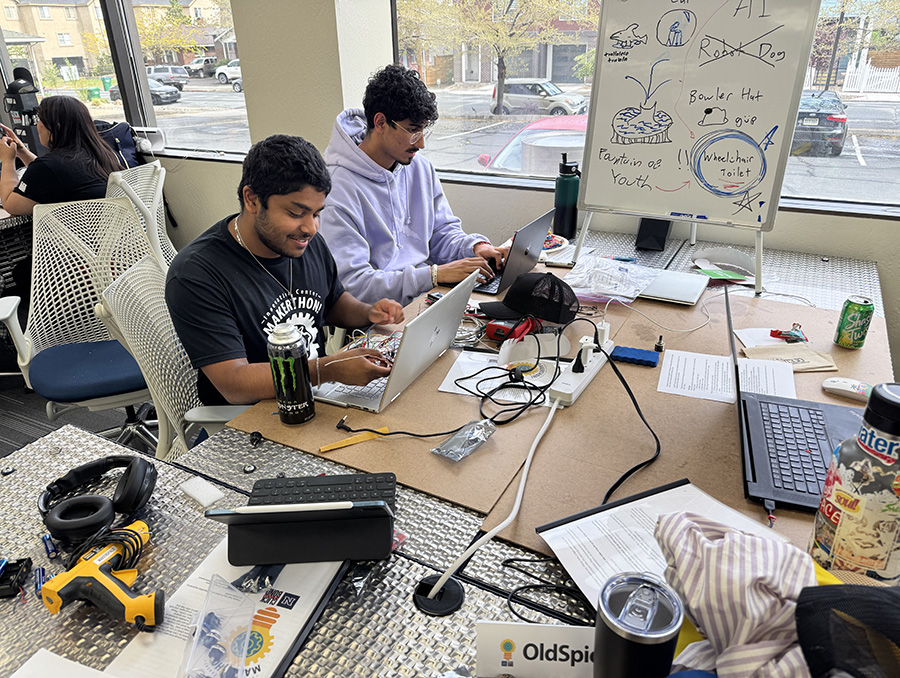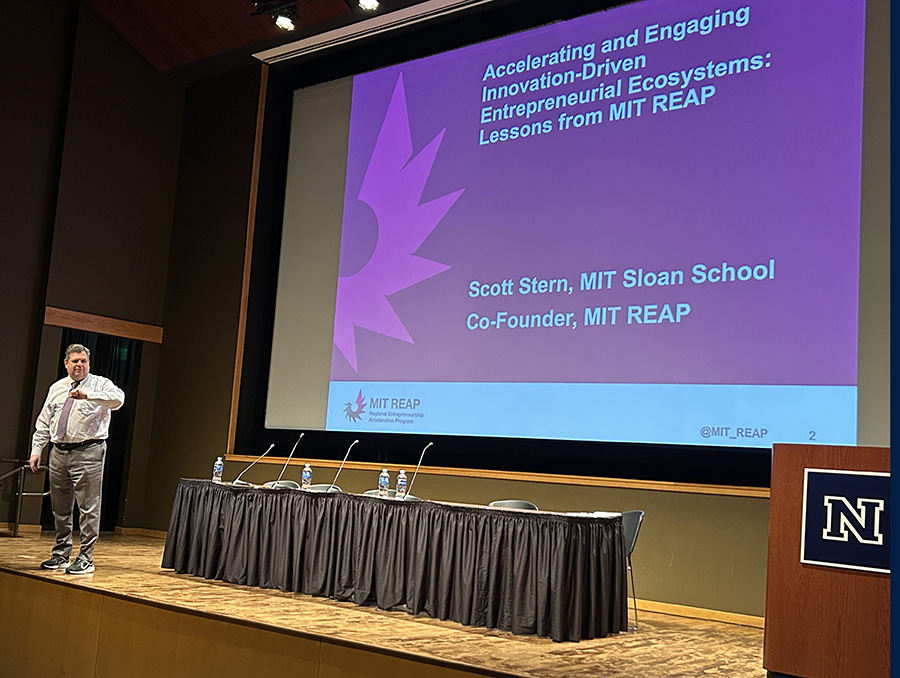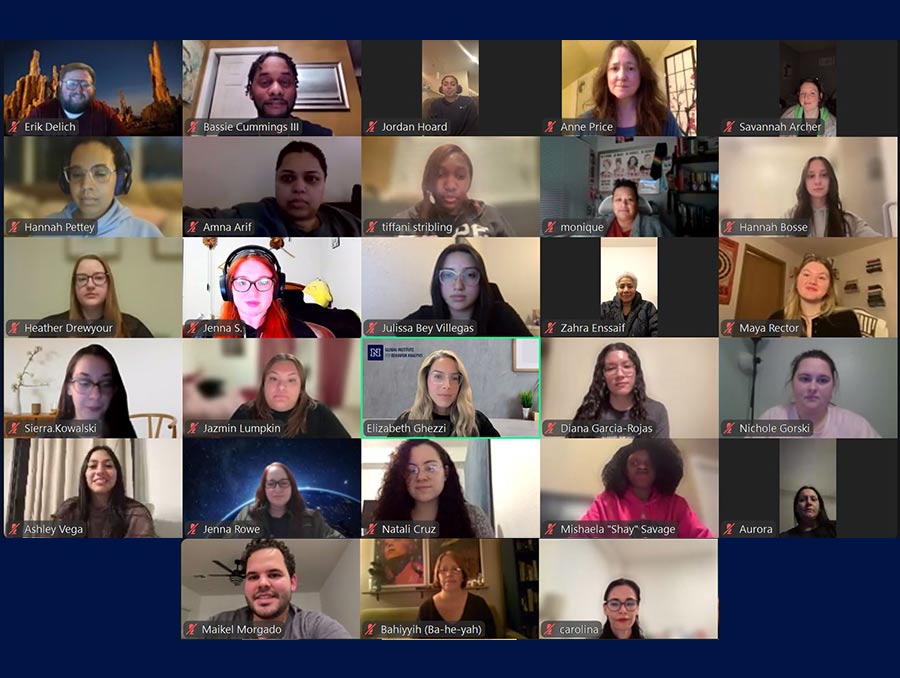Detect, connect, protect: Be cyber safe
National Cybersecurity Awareness Month is a great reminder to observe ways to always be cyber safe
October is National Cybersecurity Awareness Month; but as is the case with most “awareness” months, we should be aware every day of every month. As a Carnegie R1-rated University, we are a natural target for threat actors: increased funding and higher-quality research is an attractive prospect to those who can exploit that information for profit. Regardless, every single person in every area of the University is a source of data that can be sold or exploited, and therefore should be protected.
Every day, the firewalls protecting data coming in and out of the University block 1.5 million requests automatically; additionally, Information Security responds to at least 1 compromised account and 3 attempts to compromise an account each day; and in the past 90 days, the department has responded to nearly 2,000 other potential compliance and security issues. However, as greater numbers of us have transitioned to working remotely, the threat actors have also transitioned to preying upon our lack of connection to colleagues, and the reduced amount of security on our home networks, to trick us into thinking their attempts are legitimate.
The University of Nevada, Reno Information Security department is comprised of a small, but dedicated, army of expert personnel. They spend each day developing algorithms and reviewing data so that they can proactively prevent intrusions from occurring, or reactively ensure that any compromise is dealt with quickly and effectively. Each day our systems process millions of points of information from around the campus, all of which are used towards keeping you safe from attack.
Yet as our methods advance, so do those on the other side. Despite our best efforts, we experience compromised NetIDs and infected computers every day. Therefore, Information Security, and indeed the entire institution, rely on you obtaining heightened knowledge of Cybersecurity to prevent issues before they become problems.
There are three areas that will greatly assist the University with information security: Detection, Connection, and Protection.
Detection. You are the target, so you are the front-line of defense. Learning to identify an illegitimate email, an untrustworthy website, or an infected download can immediately prevent an attack from spreading. Simply forward any suspicious email to abuse@unr.edu to help us understand more about these attacker’s methods.
Connection. In our effort to make Detection more of a second nature, Information Security is pleased to offer online training to faculty, staff, and students at the University. Via WebCampus, Freshman students may now access Information Security Training for Students, an optional online course that teaches general security awareness. And beginning November 1, a similar option will be accessible in WebCampus for faculty and staff.
Protection. Ensure that you are storing data in an approved location. Additionally, a secure password and an awareness of where it should and should not be entered will increase your protection. All computers should have an anti-virus installed, and regular software updates should be performed. If you have any questions about this, then please contact the Office of Information Technology.
Altogether, a few simple approaches to understanding cybersecurity awareness can make a huge difference in protecting you, your data, and our University. Should you have any questions, please don’t hesitate to contact us via email at soc@unr.edu.














